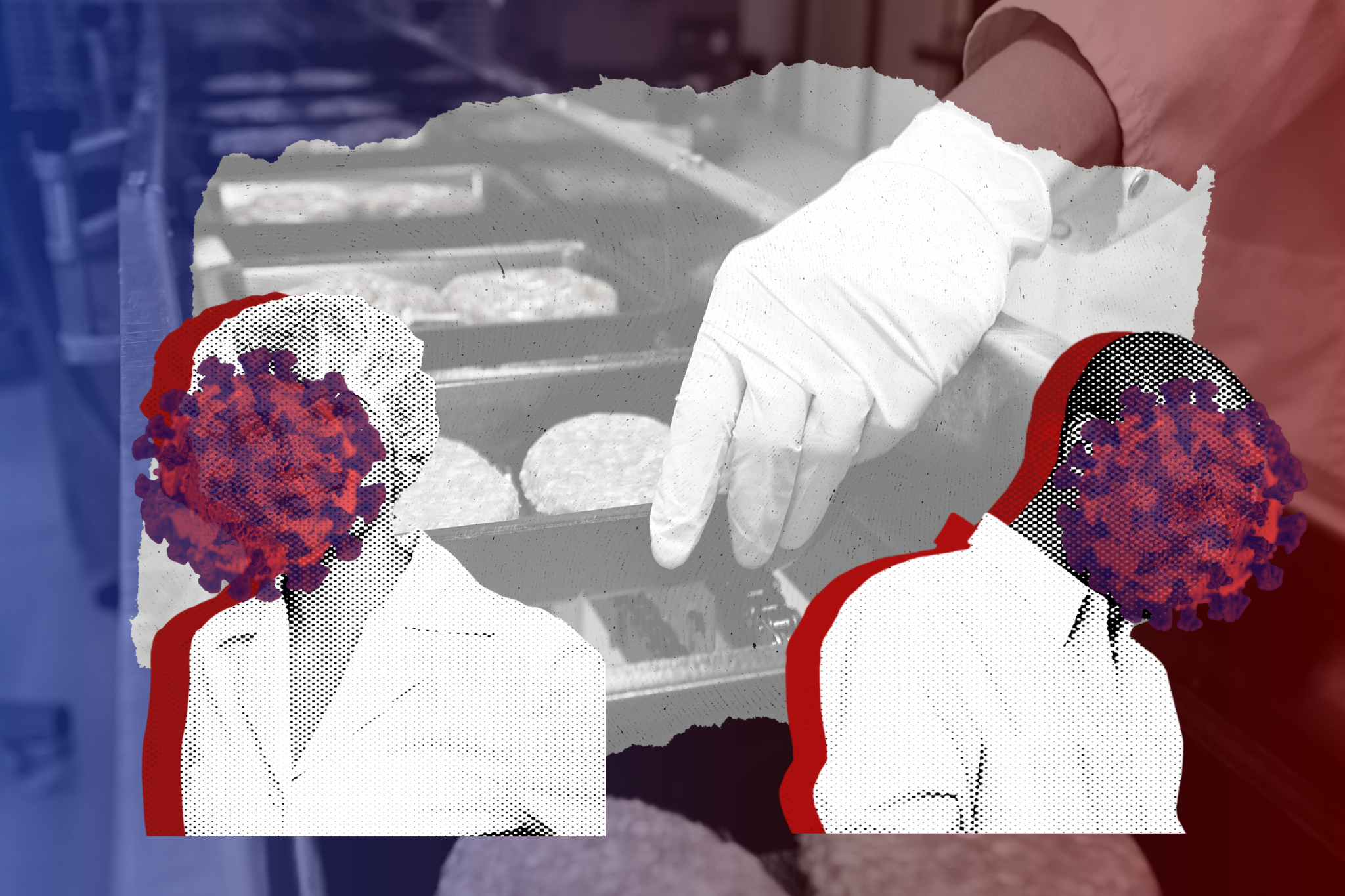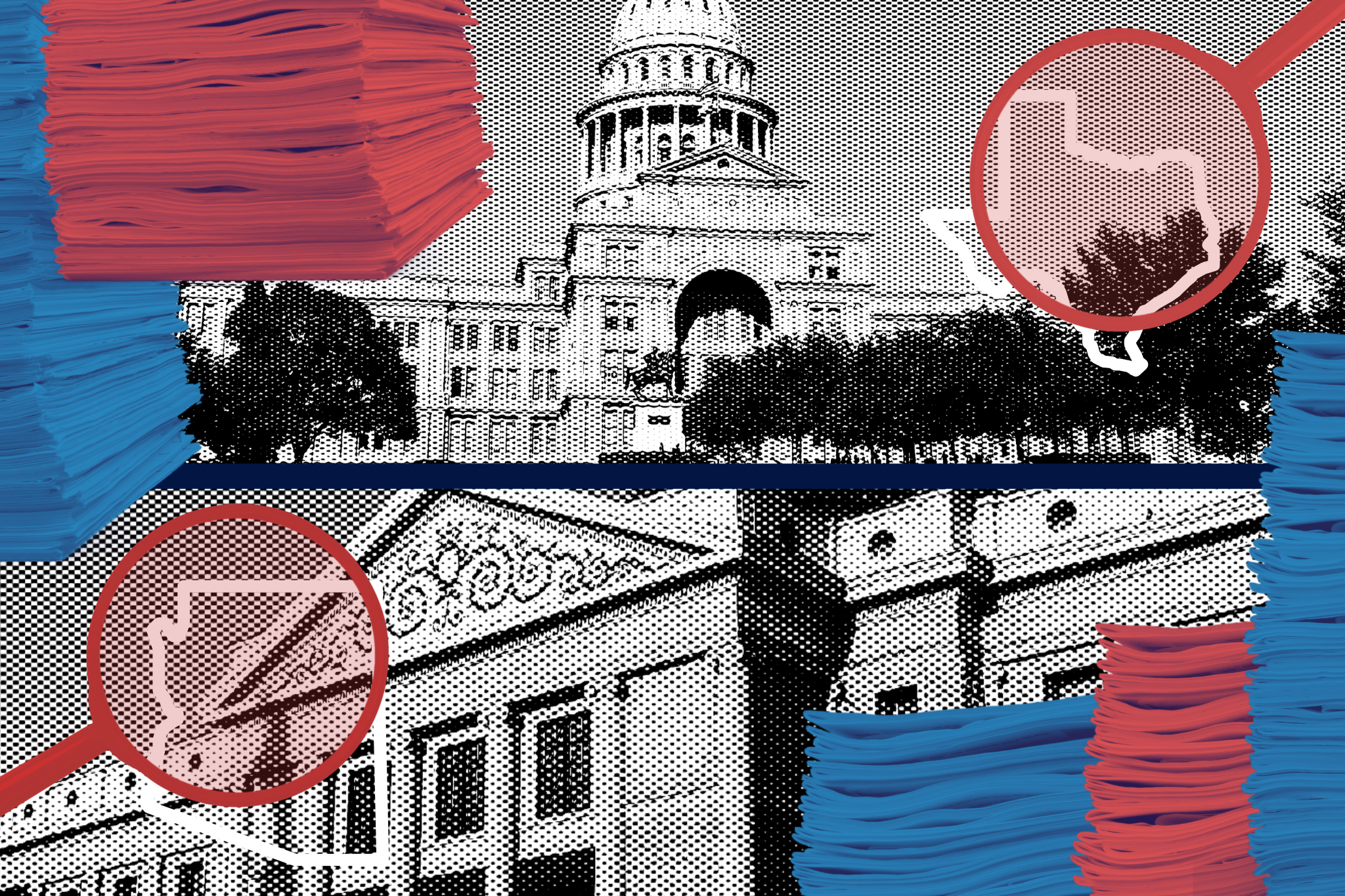
Georgia’s Voting Machines and Election Security
From the influence of voting-machine company lobbyists to concerns about election vulnerability, we're investigating Georgia’s overhaul of its voting system.

In July 2019, Georgia Secretary of State Brad Raffensperger announced that the state had awarded a $107 million contract to manufacturer Dominion Voting Systems to replace existing voting machines with a new “verified paper ballot system.” As reported by the Atlanta Journal-Constitution, both Dominion and the state’s former elections company, Election Systems & Software, had connections with Gov. Brian Kemp’s administration. Dominion lobbyist Jared Thomas had been a longtime political and campaign aide to Kemp, who previously served as secretary of state, and another lobbyist, Barry Herron, had worked for Diebold Election Systems, which had originally sold Georgia its electronic voting machines.
Georgia voters had complained about malfunctioning voting machines after the November 2018 midterm elections, even filing a lawsuit aimed at overhauling the state’s election system, including the electronic machines. But critics worry that the new electronic ballot-printing devices from Dominion won’t be much better, contending that hand-marked paper ballots remain the most secure voting method. In fact, the new devices were given a test run in six Georgia counties during the November 2019 election, and ran into a number of issues. And records we’ve already obtained showed that voter check-in devices used “1234” as their default password — an “exceptionally weak security measure.” (State officials have said the passwords have been changed.)
Elsewhere in the state, voters reported long lines and ballot issues, and concerns remain about the hidden costs of the new voting system, the state’s planned purge of 300,000 names from its voter rolls, and security weaknesses in voting equipment. With the 2020 elections looming and the security of U.S. voting systems less than certain, American Oversight is investigating state officials’ communications with Dominion Voting Systems and its subcontractor KnowInk, and is requesting records that could shed light on how the state is working to ensure secure and accurate elections.




